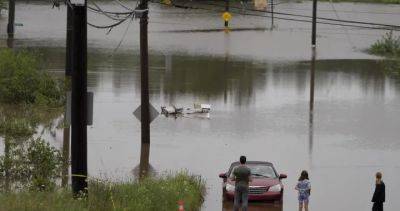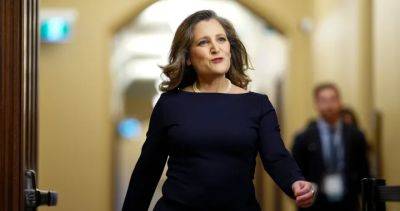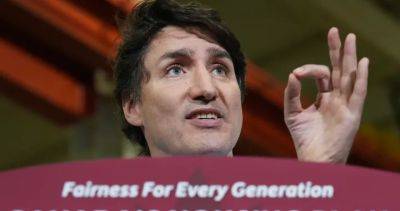Canada’s Ukraine emergency visa program is ending. What now?
The Canadian Immigration Lawyer Association is calling for a plan to address a looming backlog in work permit and permanent residency applications as theUkrainian emergency visa program ends.
“We’re going to have about 200,000 Ukrainians in Canada based on this program, probably closer to 250,000. So, what is going to happen when their work permits are ultimately running down and they want to stay? That’s another thing that needs to be addressed,” immigration lawyer Lev Abramovich told Global News. “I don’t think we’re going to be deporting people back to Ukraine. So, I think a little bit more thought needs to go into the permanent residency part of the piece.”
The government launched the Canada-Ukraine Authorization for Emergency Travel (CUAET) program in February 2022, shortly after Russia invaded Ukraine. That war is now in its third year.
The application deadline for one of these temporary resident visas was July 15, 2023, and now the deadline for CUAET visa holders to get to Canada is March 31.
That is the same deadline for Ukrainians already in Canada to make adjustments to their immigration status free of charge.
CUAET visa holders can extend their stay for up to three additional years as a worker, student or visitor. Now with the program approaching its sunset date, Immigration Minister Marc Miller says there are ongoing discussions about what happens next.
“First, I’d say this we’re not sending anyone back in the face of a nuclear aggressor like Russia, as long as the war is ongoing,” Miller said at a Quebec City press conference Wednesday.
“So this is something that we will have to look at as this program starts to sunset. And we’re looking for a number of ways to make sure people are safe and welcome here in Canada,







